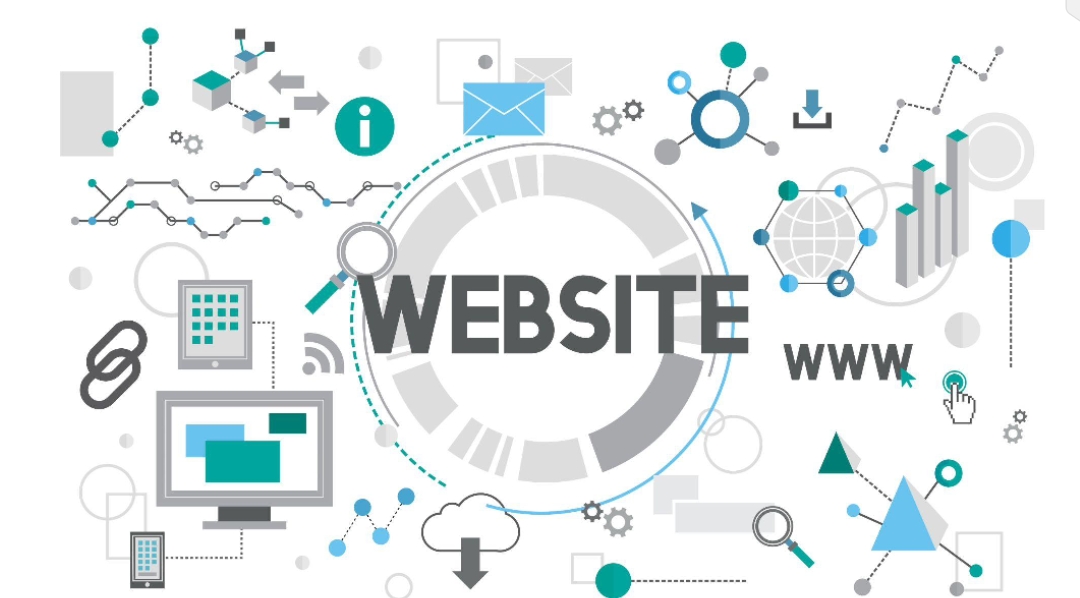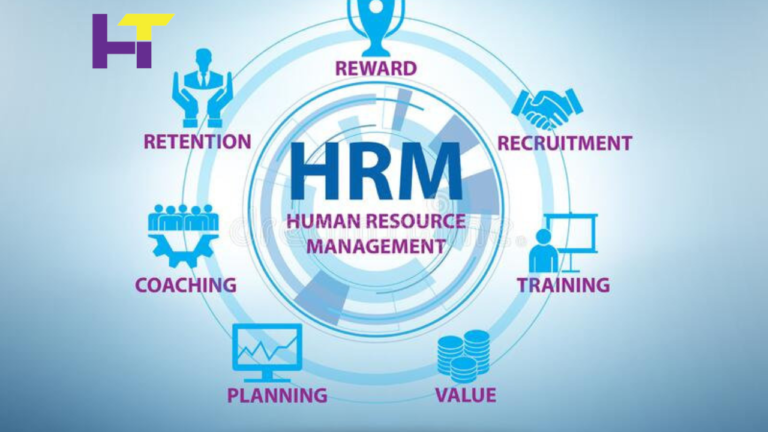Choosing the Right Web Hosting Plan for Your WordPress Website: A Comprehensive Guide

WordPress is one of the most popular website platforms in the world. That’s why there are currently just over 810 million WordPress websites online! If you’ve got one too, you can set yourself up for better success by choosing the right web hosting plan for your WordPress website.
Don’t worry—this quick guide will help you figure out what you need in a web host and how to choose one that’ll help you on your way to success.
Assessing Your WordPress Website’s Needs
You can’t find a great web host unless you know exactly what you need in an effective host. Before you even look at web hosts, take a good look at your site and make some notes on what your ideal web host should look like. Here’s what to look at.
Purpose of Website
What your website does matters. Is it a simple blog with mainly text-based information on it? Or is it an e-commerce store handling hundreds of customers’ sensitive data? The needs of these two types of websites differ vastly, so consider your website’s purpose before you choose a web host.
Resources Used
How much storage space and bandwidth is your website using? You can use the FTP Disk Usage Tool on WordPress or install a plugin to give you this info.
You’re likely to be using more space and bandwidth if your website is image- and video-heavy, uses a custom theme, requires a lot of plugins, or has a detailed sitemap.
Once you know, you’ll be able to choose a web hosting plan that suits you. Choose one with too little storage space and bandwidth, and you’ll run into trouble very quickly.
Growth Expectations
Are you planning on growing your website? Will you be adding more pages, media, or information as your business grows? Or do you expect your traffic numbers to climb dramatically in the coming months and years?
Choose your web host based on your future expectations of growth. Don’t choose one purely for your current situation—keep in mind your expectations of how much you might grow in size and traffic.
WordPress-Specific Considerations
Once you know your own website’s needs, you can start looking for a suitable web host. Here are some non-negotiables for WordPress website hosts.
Knowledgeable Support
Your web host needs to have WordPress-specific support. Some problems are unique to WordPress, and your web host needs to understand them and know how to fix them. Do a bit of research into each host’s customer support before deciding on one.
Managed or Unmanaged
If you’re familiar with the backend of WordPress and have enough time to handle the ins and outs of your website yourself, then you can choose unmanaged hosting. But managed hosting will take a LOT of stress off your hands, so it’s worth going for it if you don’t quite have the time or know-how.
Website Optimization
A host that offers WordPress-specific hosting plans is your best bet. These kinds of plans offer specific WordPress optimizations to help your site run more smoothly, like WordPress apps and plugins, specific security features, SEO functions, automatic updates, and more.
General Hosting Considerations
Whether you have a WordPress site or not, there are some general things you should consider when choosing a web host. Tick these boxes, and you’ll have a good foundation to build on.
Uptime and Reliability
Every host displays an uptime guarantee. Check this on each host you research, but don’t stop there—we highly recommend checking what real users say about uptime in their reviews. Do robust research here to make sure you aren’t getting false information.
Security Features
Security is extremely important. The host you choose needs to have at least an SSL certificate (most offer one), built-in firewalls, malware detection, and more on top of that. List out the security features of each host and compare them so you can see who’s offering the most robust ones and who might be skimping.
Content Delivery Network
If you’re a local business, you only need a web host with a local server. But if your audience is worldwide, choose one that utilizes a CDN—a content delivery network. This spreads your website’s content across a set of servers around the world so that no matter where your target audience is, your website will load fast and smoothly.
Ease of Scalability
As mentioned earlier, your web host needs to give you enough room to grow. Make sure that the plan you’re interested in has space to accommodate your website and traffic levels as your business increases in size.
Other/Special Features
Other features you should consider are a user-friendly control panel and an easy migration process. Depending on your website and your business, you might require special features, but you should be able to tell this upfront when you assess your website’s needs.
WordPress Website Hosting Options
Ready to choose the right web hosting plan for your WordPress website? Here are some excellent options, but make sure the one you choose is right for your website.
- 7G Hosting: Everything you need to build and manage your WordPress site and see success. Includes advanced security features, unlimited bandwidth, and 5,000 MB of storage space.
- WP Engine: Excellent for WordPress-based ecommerce stores thanks to their range of ecommerce features, easy WooCommerce integration and optimization, and scalability.
- SiteGround: Good managed hosting option with plenty of optimizing features to help your WordPress site run smoothly and speedily.
- Kinsta: A little-known but worthwhile choice for managed WordPress hosting handling sites with high levels of traffic.
- DreamHost: Officially recommended by WordPress, with a team of in-house WordPress experts ready to help you anytime.
- Hostinger: A business profile is affordable, super secure, and gives you everything you need to create, optimize, and run your WordPress site with ease.
- BlueHost: Great for beginners, featuring straightforward, easy-to-use functions and options to suit any budget.
Conclusion
Once you know your business’s needs, choosing the right web hosting plan for your WordPress website isn’t hard. But you do need to put some effort into it—it’s not the kind of decision you can rush through.
Bookmark this article so you know how to pick the right hosting partner the next time you need to. And don’t think that if you’ve already got one, you don’t need to think about this… It’s never a bad time to do a quick audit and make sure it’s still working for you. It’s never too late to switch if you need to.
About the Author
Paul Wheeler runs a web design agency that helps small businesses optimize their websites for business success. He aims to educate business owners on all things website-related at his own website, Reviews for Website Hosting.






